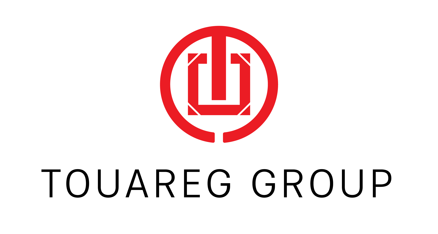



AI 'trading bots' have undoubtedly generated considerable interest within the investment community. A quick search for "AI investing" online reveals numerous offerings that tout artificial intelligence as a means to effectively manage investments. While many of these services claim to deliver substantial returns, it is essential to remember that investing—whether managed by humans or machines—always carries inherent risks.
This growing fascination with AI has prompted a shift in investor behavior. A 2023 survey in the United States indicated that nearly one-third of investors are open to delegating all their investment decisions to trading bots. Despite this rising enthusiasm, John Allan, head of innovation and operations at the UK's Investment Association, advises caution. He underscores that investing is a serious endeavor with long-term implications, and reliance on the latest technological trends should be approached with prudence. Allan suggests that the effectiveness of AI should be assessed over time, and human investment professionals will continue to play a crucial role in the industry.
The potential impact of AI trading bots is both complex and multifaceted. It is important to recognize that AI does not inherently possess superior predictive capabilities compared to human analysts. Historical events, such as the 9/11 attacks, the 2007-2008 financial crisis, and the COVID-19 pandemic, have demonstrated that unforeseen events can significantly disrupt financial markets.

Furthermore, AI systems are only as effective as the data and algorithms developed by their human creators. Investment banks have been utilizing basic or "weak AI" systems since the early 1980s to assist with market decisions. While these systems have evolved, they have historically failed to anticipate major market disruptions.
Today's "generative AI" represents a more advanced form of artificial intelligence, capable of creating new data and learning from it. Generative AI can process extensive datasets and develop novel analytical methods. However, if the initial data inputs are flawed, the AI’s output and subsequent decisions can deteriorate.
Elise Gourier, an associate professor at ESSEC Business School in Paris, highlights a case where AI misfired. In 2018, Amazon's AI recruitment tool inadvertently exhibited bias against female candidates due to its training on a predominantly male employee dataset. This example illustrates how AI can perpetuate biases if not carefully managed.
Generative AI also faces challenges such as "hallucination," where the system produces incorrect or fabricated information, as noted by Prof. Sandra Wachter, a senior research fellow in AI at Oxford University. This can lead to inaccuracies and biases if not rigorously supervised. Additionally, automated AI systems are susceptible to risks like data leakage and model inversion attacks, where malicious actors could exploit the AI to access sensitive data or underlying code.
Despite these risks, many investors are attracted to AI due to a perception of greater objectivity and logical decision-making compared to human judgment. Business psychologist Stuart Duff of Pearn Kandola points out that some individuals place enhanced trust in AI, believing it to be less prone to human error and bias. However, this trust may overlook the fact that AI systems are influenced by the imperfections and biases of their developers and lack the nuanced experience that human professionals provide, particularly in times of unprecedented market events.
In this context, investment firms like Touareg Group, known for their hybrid approach and professional management, continue to play a vital role. While AI trading bots offer intriguing possibilities, the integration of such technology with traditional investment expertise remains essential for effective risk management and optimal returns.
Other News

